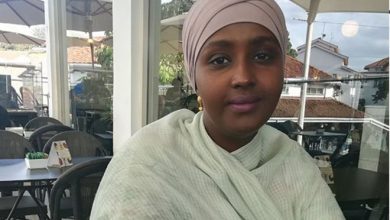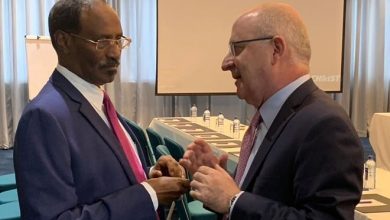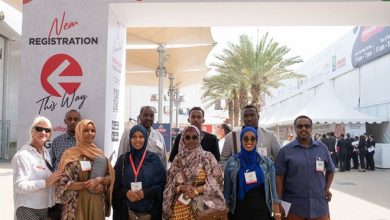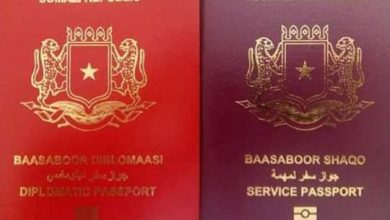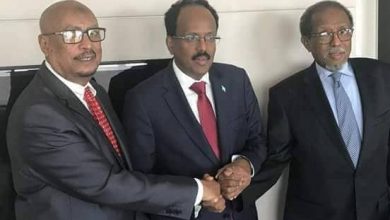Water trucking saves desperate families in Galmudug villages
Drought-hit families in remote parts of Galgadud region have welcomed an emergency water trucking service that has saved them from having to move to other places in search of water.
Drought-hit families in remote parts of Galgadud region have welcomed an emergency water trucking service that has saved them from having to move to other places in search of water.
The Norwegian Refugee Council (NRC) has hired 200 tankers to deliver water to 1,480 badly affected families in eight villages: Shilin-Wayne, Burdir, Meygag, Lan-aduray, Qurar, Habasley, Laan-Marer and Ardo
In Habasley, 90 km from Adado town, about 300 families have been without water for months. Failed rains have left reservoirs and boreholes dry with the distressed families considering migrating.
Since late July, a tanker has made 27 deliveries of water to Habasley, says Shukri Mohamed Ali, who is counting because it has been a lifeline for her family.
“We are now relieved as we have water for our families and livestock. People were very desperate but now our hopes have been restored and we don’t have to move anywhere else in search of water,” said the mother of nine.
Shukri’s family has only 20 goats left, having lost 180 goats in the drought in 2017.
“The area has received 1,350 barrels in the last two weeks. The elders distribute the water among the families,” she said.
Ilyas Sheikh Ibrahim, head of NRC in Galmudug and Hiran, told Radio Ergo their response was based on a survey.
“We discovered that some villages were facing acute water shortages and families were moving out so we decided to distribute water to them,” said Ilyas.
Abdullahi Ibrahim Ahmed is a member of the traditional elders committee assigned to manage water delivered to Qurar village, 75 km from Adado.
He said 60 of the 200 families in the village fled in late June and early July due to severe water shortages.
The 10 water reservoirs in the village have been filled up 13 times already.
“We divided the villagers into groups and each group is allocated the use of one of the reservoirs. Each family gets 45 litres a day,” Abdullahi explained.
Prior to the water delivery, the villagers used to buy one barrel of water at 120,000 Somali shilling (five dollars).
